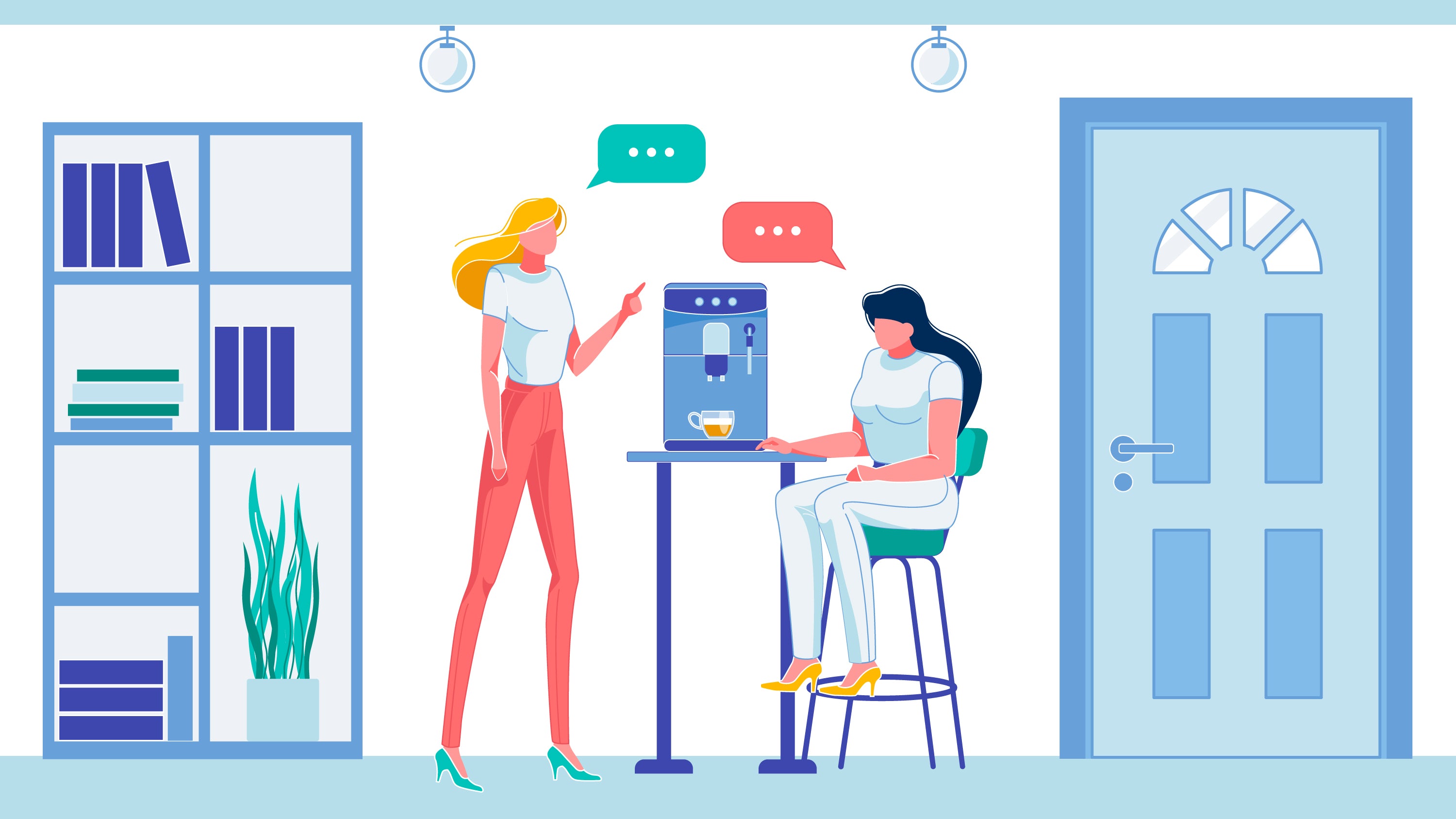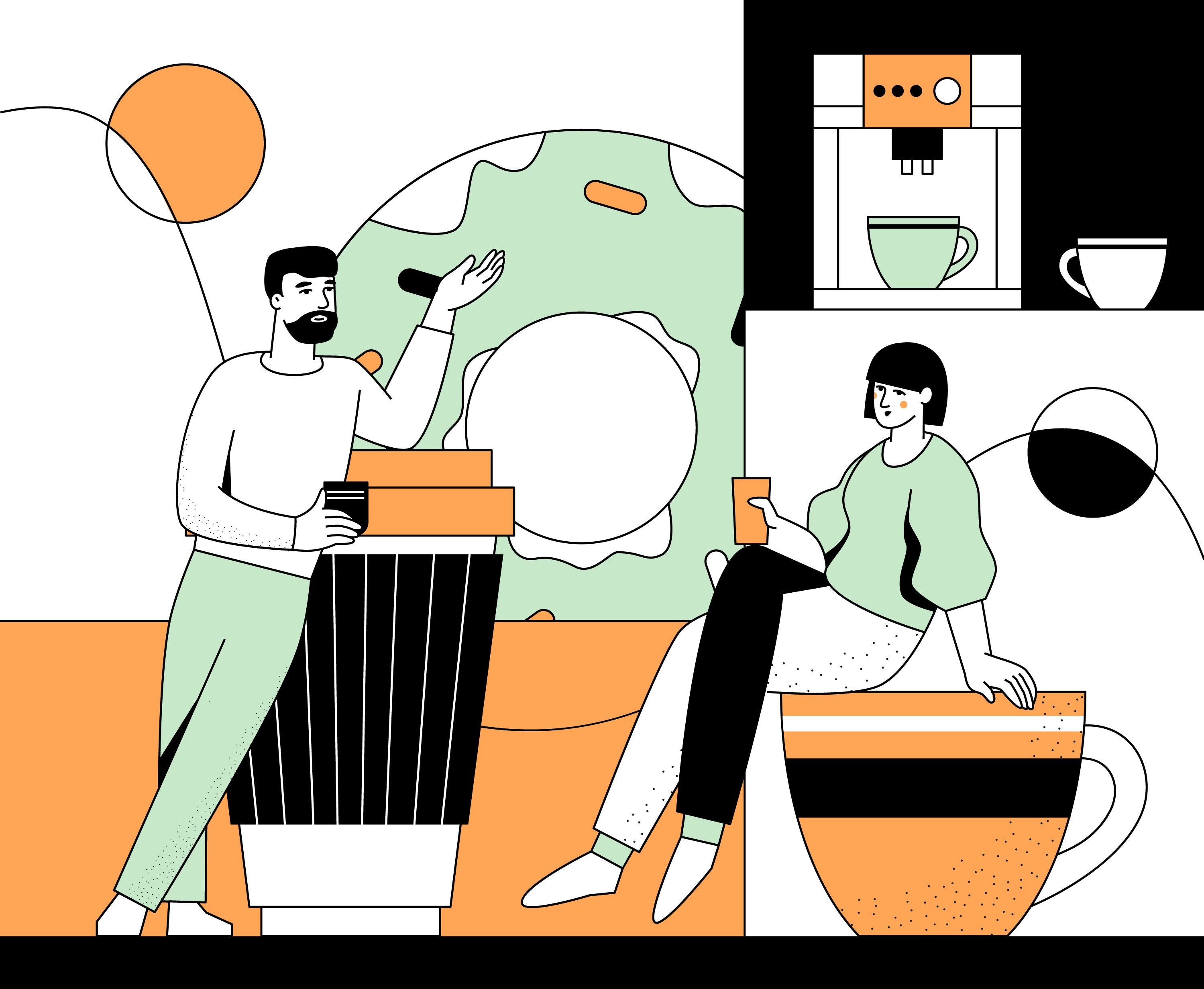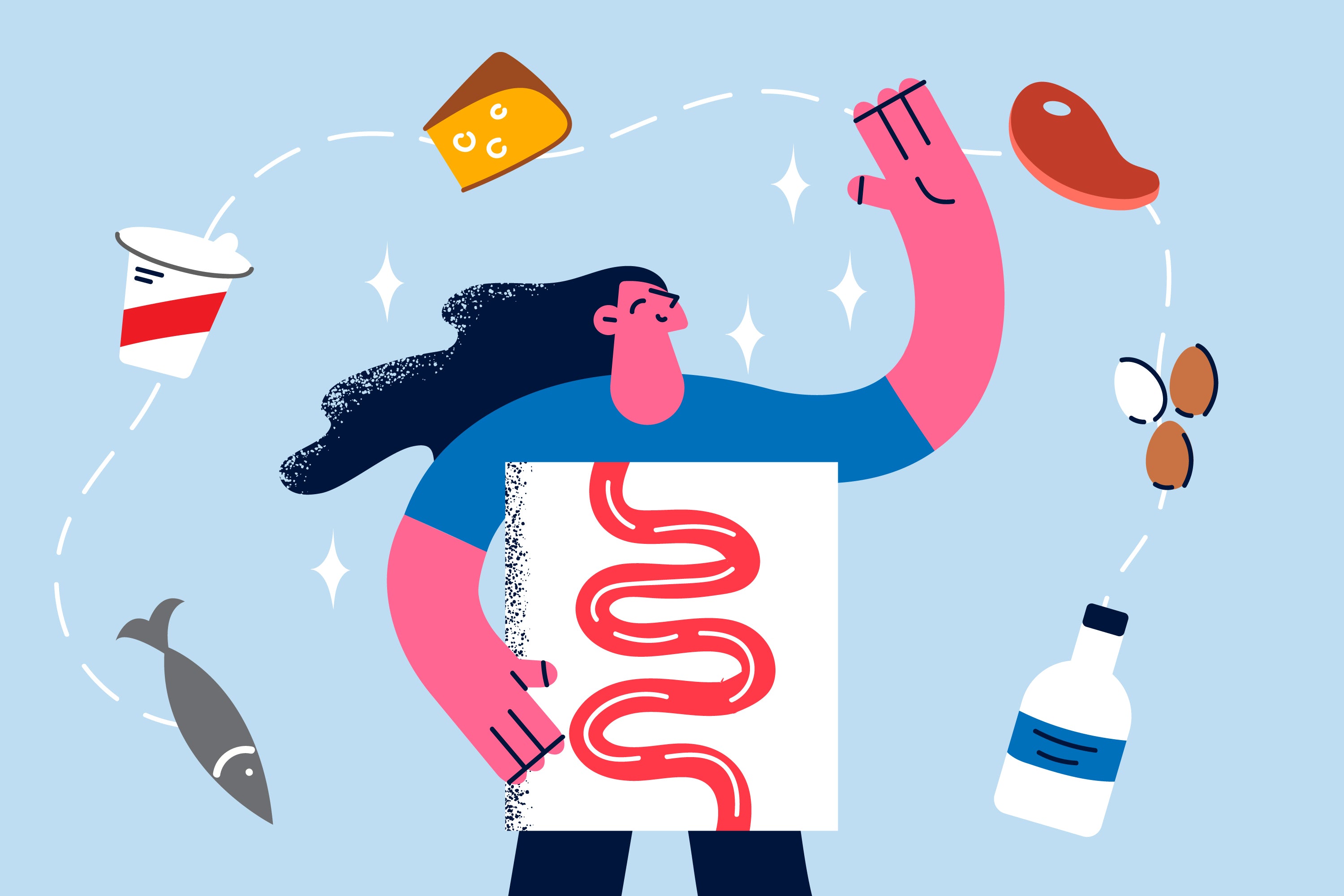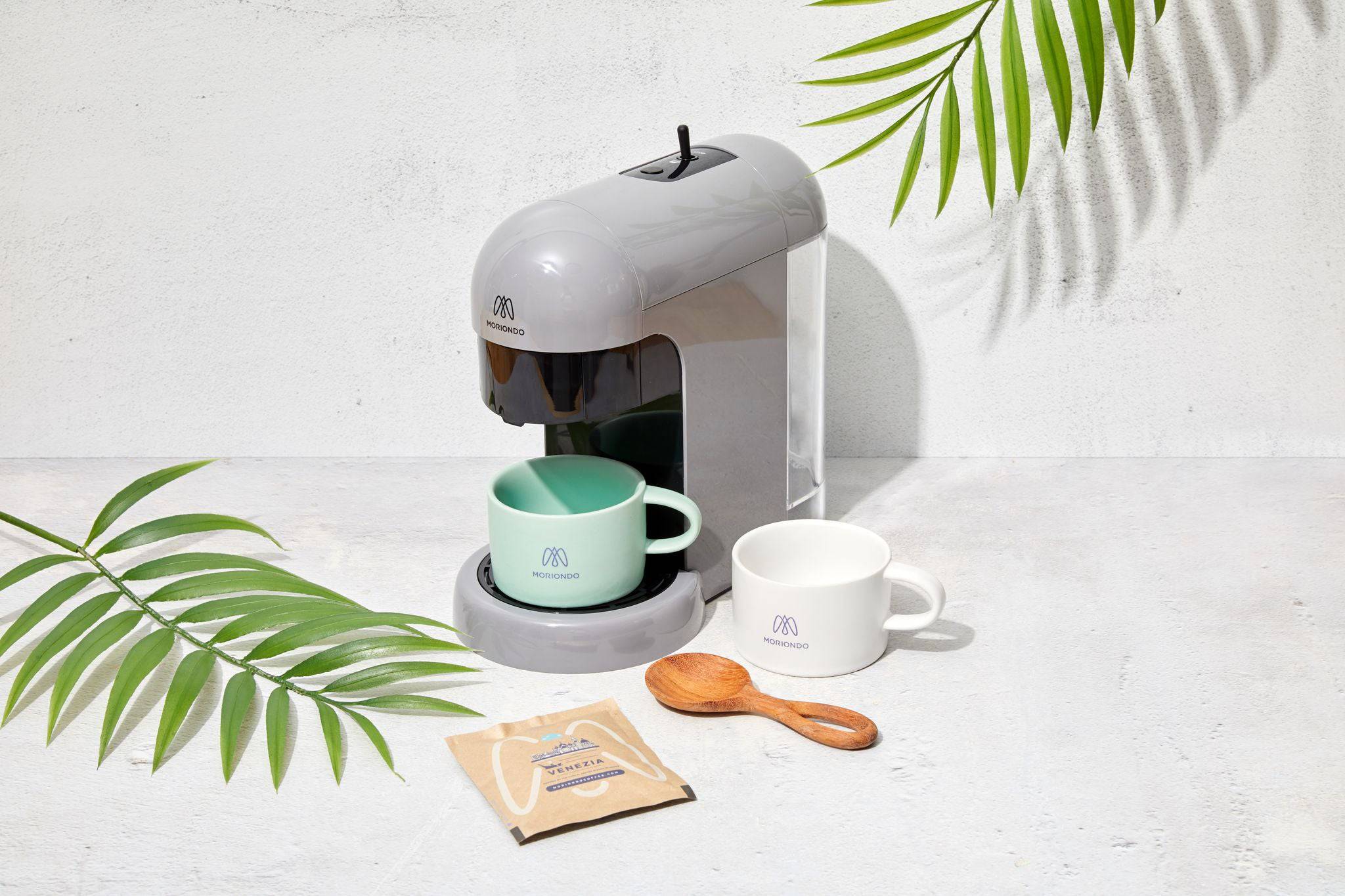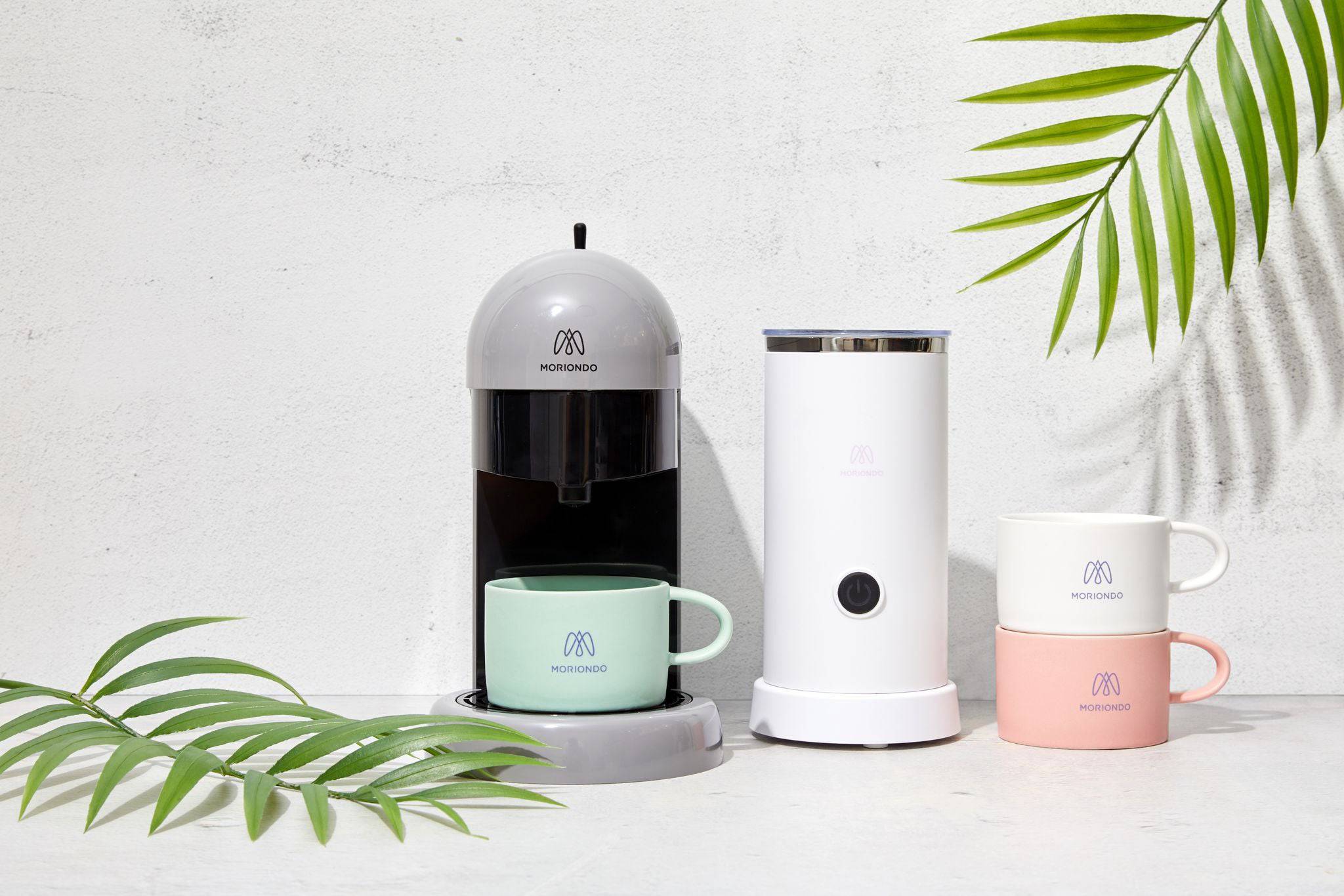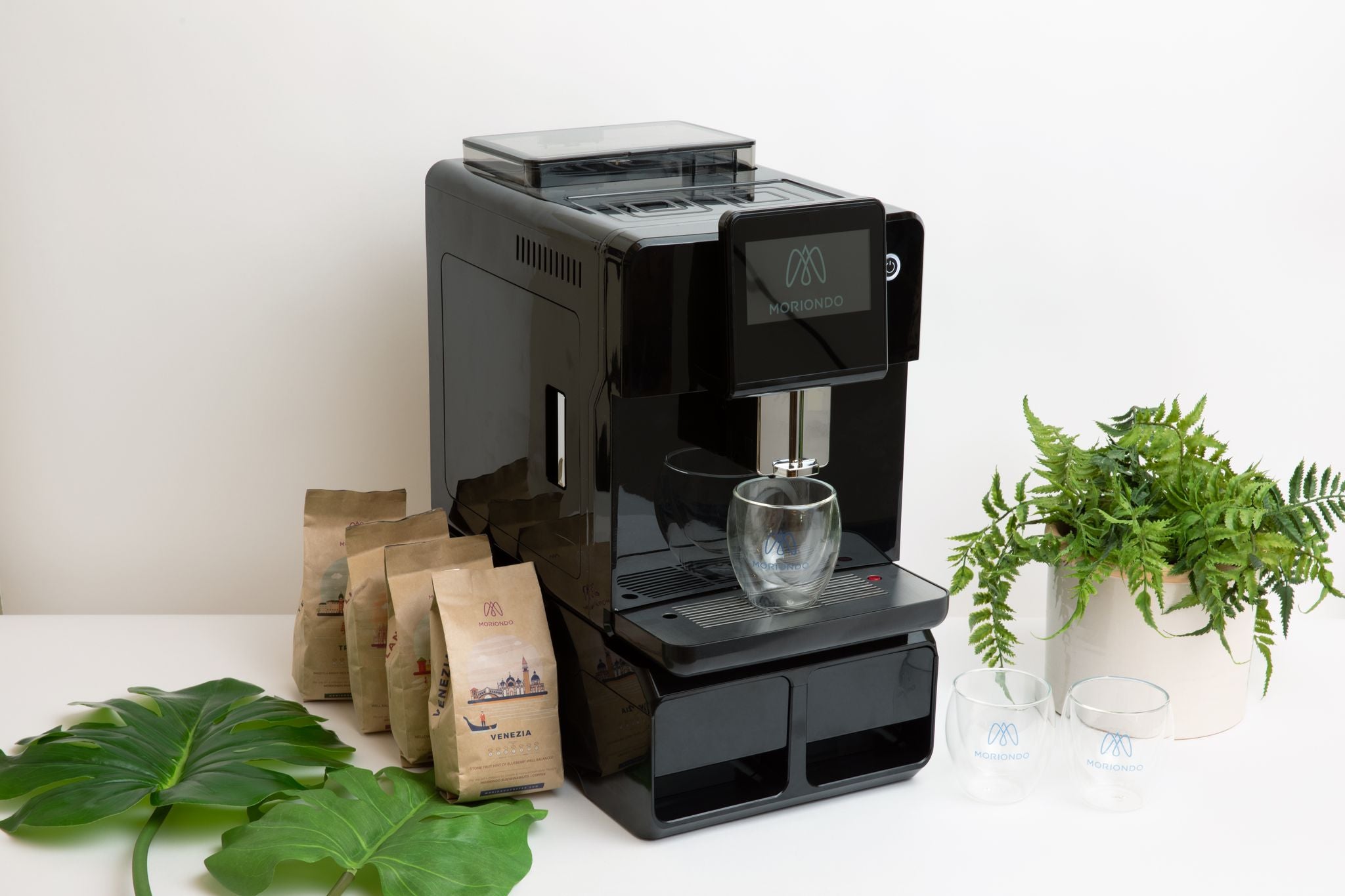Does Coffee Help Digest Food?
Table of Contents
Coffee has long been praised for its energizing properties, but did you know that it can also aid in digestion? That's right - the benefits of coffee go beyond a boost of energy.
Studies have shown that moderate coffee consumption can help improve your digestive system and reduce common digestive complaints and some gastrointestinal issues.
In this article, we'll explore how coffee helps with digestion and what precautions to take when consuming it.
So if you're looking to get the most out of your cup of joe, read on.
What Coffee Does to the Body

When you drink coffee, it passes through the stomach and small intestine before entering the large intestine.
In the large intestine, coffee stimulates both your digestive system and peristalsis - the muscle contractions that help move food through your intestines.
This helps speed up digestion and can reduce bloating and cramping due to constipation.
More specifically, caffeine has been found to speed up the process of gastric emptying, which helps food pass from your stomach into your small intestine faster.
Coffee also contains compounds that help break down dietary fats. When combined with regular exercise and a healthy diet, this can improve the overall efficiency of digestion and reduce abdominal pain.
Additionally, some studies have found that coffee can help increase the production of stomach acid, which helps break down food.
How Coffee Helps With Digestion
Research suggests that drinking coffee can offer some digestive health benefits for coffee drinkers.
How does this work? Primarily, coffee stimulates the production of gastric acid in the stomach which helps to break down food more easily and improve digestion.
Decaffeinated coffee may also soothe symptoms such as indigestion, bloating, and constipation due to its mildly laxative effect.
According to a publication on the National Center for Biotechnology Information, coffee promotes gastro-oesophageal reflux, which means it helps food pass through the digestive system quickly.
The publication also states that coffee increases the motility of the small intestine, which is responsible for moving food through the digestive tract.
French National Institute of Health and Medical Research (INSERM) study suggest coffee consumption is associated with a lower risk of digestive disorders such as Crohn’s disease, ulcerative colitis.
In addition to its digestive benefits, coffee can also help reduce inflammation in the intestinal lining.
This helps to protect your digestive system from damage and can prevent certain diseases, such as ulcerative colitis and Crohn’s disease.
Precautions When Drinking Coffee
While coffee can offer some health benefits, it’s important to be mindful of how much you’re consuming.
Excessive amounts of caffeine can cause side effects such as insomnia, jitteriness, and headaches. And for some people with sensitive stomachs, coffee can cause heartburn or acid reflux.
Also, be sure to limit added sugar and cream, as these can interfere with the digestive process. If you’re looking for a healthy alternative, try adding a dash of cinnamon or nutmeg to your coffee instead.
The Benefits of Drinking Coffee After a Meal
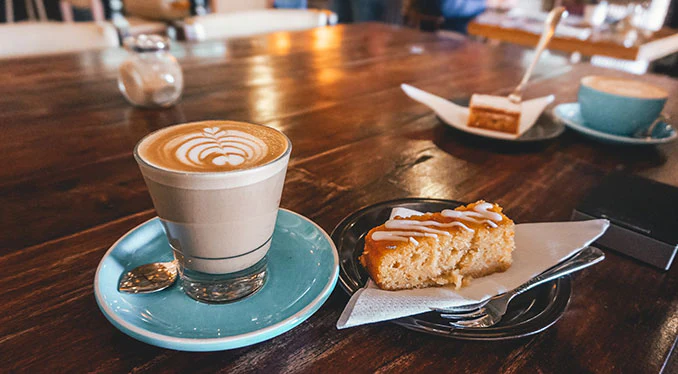
If you’re looking for an easy way to enhance your digestion, drinking coffee after a meal can be a great option.
Not only does it help move food through your system, but it can also reduce the feeling of bloating or discomfort due to gas.
Additionally, caffeine helps stimulate the production of digestive enzymes, which helps break down food more efficiently.
And if you’re looking for an extra energy boost after a heavy meal, a cup of coffee can provide just the right amount of eneergy.
Studies have found that caffeine helps your body burn fat more efficiently and can help increase physical performance.
So if you’re looking for an easy way to improve your digestion, consider drinking a cup of coffee after meals to reap the benefits.
How Much Coffee Is Recommended?
The amount of coffee you should consume depends on individual factors such as your weight and how sensitive you are to caffeine.
The general recommendation is to limit your intake to no more than 400 milligrams of caffeine per day. That’s equal to four cups of brewed coffee or two espresso shots.
If you’re not sure how much caffeine is in your coffee, be sure to check the label or ask your barista.
If you’re looking to maximize the digestive benefits of coffee, experts recommend drinking it at least 30 minutes after eating a meal.
This allows time for the stomach to digest your food and for the caffeine to begin stimulating digestion. Here's more on what time of day is best to drink coffee.
How to Make the Perfect Cup of Coffee for Digestion
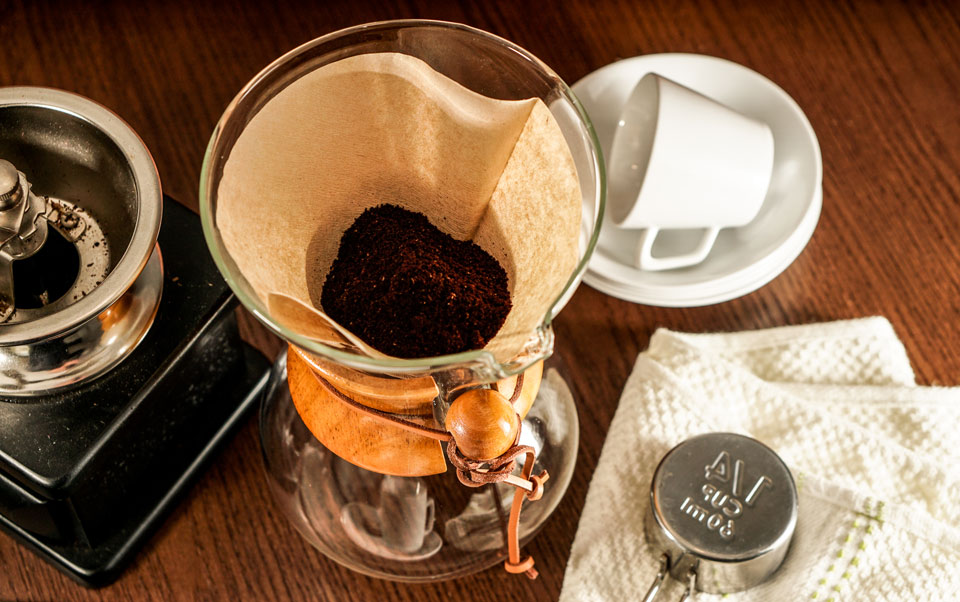
In addition to the timing of your cup of coffee, you also want to be sure that you’re using the right ingredients.
The best way to get the maximum benefit from your coffee is to use freshly ground beans, as this will ensure you’re getting the best flavor and full spectrum of benefits.
Also, try to limit your intake of cream and sugar, as these can interfere with digestion. Instead, opt for an unsweetened almond or oat milk to keep your cup of joe light and healthy.
Finally, consider experimenting with different brewing methods as this can affect the flavor and benefits of your coffee.
Pour-over brewers, such as French presses, can help extract more antioxidants from the beans, while espresso machines can create a concentrated and intense cup of coffee.
FAQs
Is it good to drink coffee after a meal?
Yes, drinking coffee after a meal can help stimulate digestion and reduce the feeling of bloating or discomfort due to gas. It also helps with bowel or digestive problems such as chronic constipation, indigestion, and irritable bowel syndrome.
Does coffee help clear your gut?
Yes, coffee helps improve gut bacterial groups such as Bifidobacteria, which helps to promote healthy gut flora. It also helps move food through the system and can reduce the feeling of bloating or discomfort due to gas.
Conclusion
In conclusion, drinking coffee after a meal can provide numerous digestive benefits. Not only does it help move food through your system more quickly and reduce inflammation, but it can also provide an energy boost.
However, it’s important to be mindful of how much you consume and to limit added sugar and cream.
Additionally, be sure to choose fresh, high-quality coffee beans and experiment with different brewing methods for the best flavor and benefits.
Evidence linking coffee consumption to increased metabolism is still limited, though. More data is needed to understand coffee's effects on metabolism and digestion.
Good Tasting Coffee: How to Identify Coffee Flavors

In order to appreciate the different types of coffee available, it's important to cultivate an awareness of its unique characteristics. Let's take a look at the way coffee connoisseurs judge different cups of coffee.
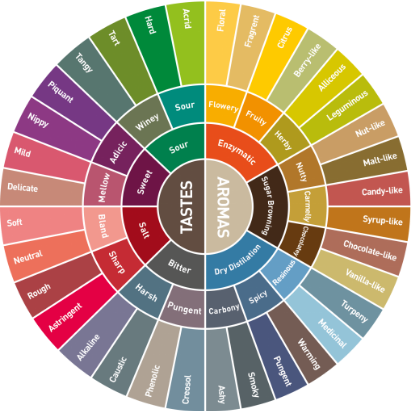
Aroma
The scent of a cup of coffee has a direct influence on how we perceive its flavor. As you drink coffee try to notice if the scent is smoky, fruity, earthy, spicy, nutty or grassy.
Acidity
One of the most defining characteristics of a cup of coffee is its acidity. This is the sharp, bright tangy quality of coffee that perks up our senses. Coffee doesn’t necessarily contain just one type of acid, either. It may contain citric acid, malic acid (fruity in flavor) or even quinic acid from stale coffee, which gives us stomach aches.
Body
This is the weight, thickness and texture of coffee in your mouth. The body of different types of coffee falls on a spectrum of light- to full-bodied viscosity (thin to thick).
Flavor
This is where comparisons come in handy and there is some overlap between aroma and flavor. Your coffee might taste bitter, sweet, savory or sour with common comparisons to chocolate, wine or fruit.
Related Posts

